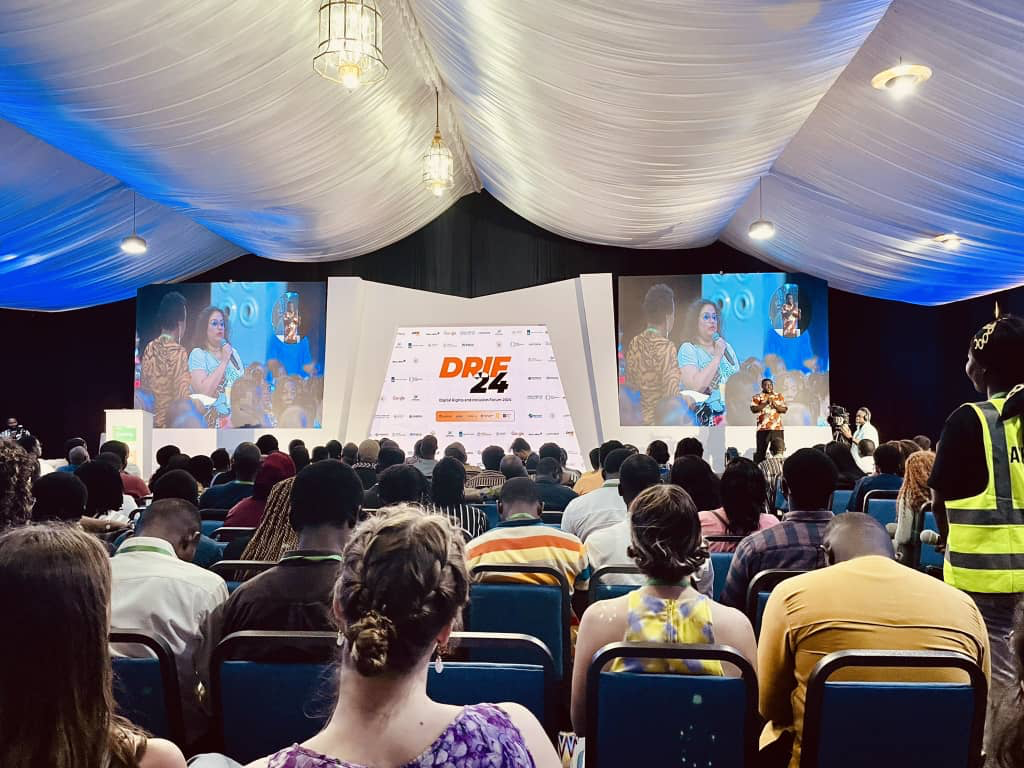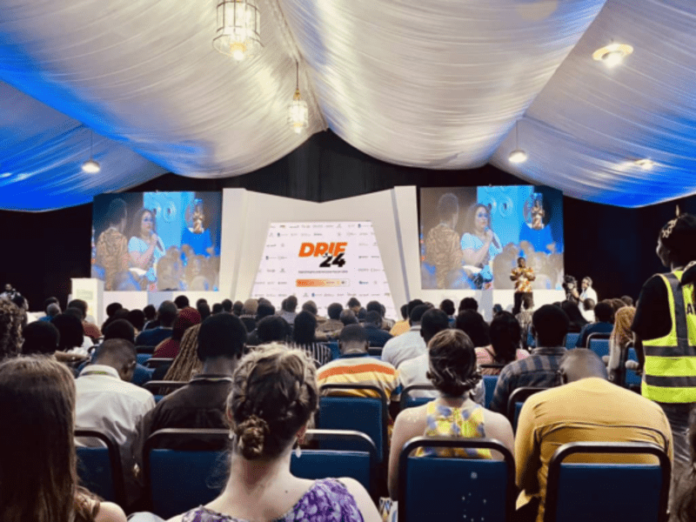The 2023 Londa Report, released on Thursday in Accra, has described Ghana’s Online Freedom of Expression as under threat, highlighting the erosion of citizens’ rights despite advancements in internet infrastructure.
The report references the 2023 Reporters Without Borders rankings, showing Ghana’s drop from 60th to 62nd out of 180 countries, indicating heightened insecurity for online users, particularly journalists.
“While Ghana boasts a robust legal framework for media regulations, the rankings reveal a gap between the existing legal structure and implementation, including the actual safety and security conditions for journalists.
“This disconnect underscores the imperative for concerted efforts to bridge the gap between media laws and their effective implementation in the country,” the report said.
As per the report, the decline in ranking signals a decreasing global reputation and emphasizes the pressing issues confronting freedom of expression within the country.

“Disturbingly, attacks on media houses and journalists have become increasingly common, with state security entities and political party supporters emerging as primary perpetrators.”
The launch of the report occurred concurrently with the 11th Digital Rights and Inclusive Forum 2024 (DRIF24) in Accra, focusing on the theme of “Fostering Rights and Inclusion in the Digital Age.”
Hundreds of delegates, including representatives from civil society organisations, academia, and NGOs, are participating in the three-day forum organised by PIN.
The report also pointed out instances of media attacks as an alarming pattern. It says despite legal measures taken against the perpetrators, there remains a consistent and troubling absence of accountability and assistance for journalists facing such assaults.
Examples include an incident on May 3, 2023, involving Abubakari Sadiq Gariba, and another on October 7, 2023, when around 20 individuals raided the studios of Accra-based United Television (UTV) during a live broadcast.
According to the report, these incidents, among others, serve as evidence of the worsening safety situation for journalists in Ghana. This includes the arrests or detention of Kwabena Bobie Ansah from Accra FM and Noah Dameh from Radio Ada.
“The High Court (Criminal Court 5 Division) granted national security operatives leave to detain freelance journalist Sacut Amenga-Etego for unauthorised filming, deemed a security threat to the court and its complex.
“Reports also detail incidents such as thugs storming the studio of Benya FM and police assaulting and detaining Connect FM’s Eric Nana Gyetuah.
“In total, the Ghana Journalists Association (GJA) documented 45 cases of assault and attacks against journalists and media institutions in the last five years,” the report indicated.
The report emphasizes that these incidents collectively depict a troubling scenario regarding the difficulties journalists encounter in Ghana.
This underscores the necessity for comprehensive measures to safeguard their safety, uphold freedom of expression, and preserve the media’s essential role in society.
“Government efforts to address these issues have been sluggish and ineffective. Little progress has been made in establishing mechanisms for reporting and addressing attacks on journalists. Government intervention in content removal in Ghana is infrequent. ”
The Londa report highlights that in February 2021, legal representatives of the Judicial Service urged media houses to remove content labelled as “hateful” or “offensive,” yet there were no reported instances of compliance.

“In 2022, Google received two content removal requests from the government. It adhered to one related to impersonation and rejected the other on national security grounds.
“The Electronic Transactions Act, 2008, shields service providers from liability for illegal user content if they act promptly upon notification and are unaware of its illegality.”
The Londa 2023 report features contributions from digital rights experts across Africa, totalling 26 country reports.
Paradigm Initiative (PIN), a pan-African organisation that launched the report monitors the digital rights and inclusion environment in Africa, documenting violations and reporting on its state.
The title “Londa,” of Zulu origin, symbolizes a call to action to safeguard the digital rights and inclusion environment across the continent. It serves as an advocacy tool for engaging stakeholders in the countries covered, assessing annual performance, and offering critical recommendations for enhancing the digital space.
The report also acknowledges positive developments while emphasizing the imperative for digital rights protection in Africa.

